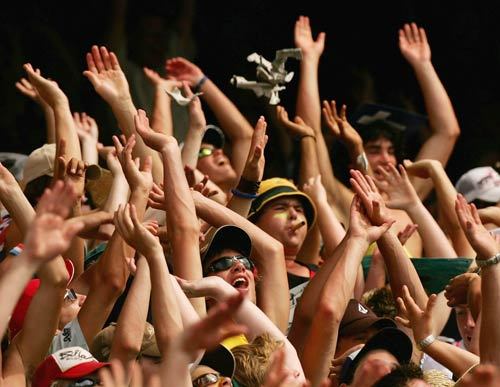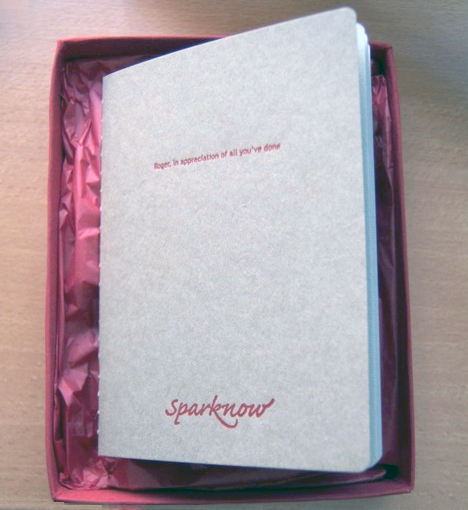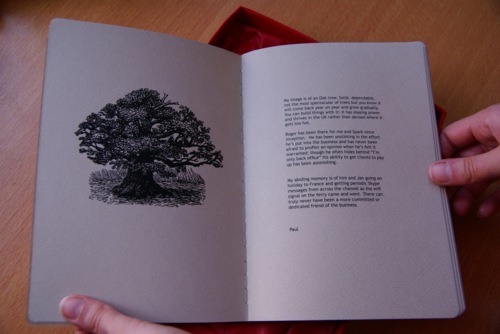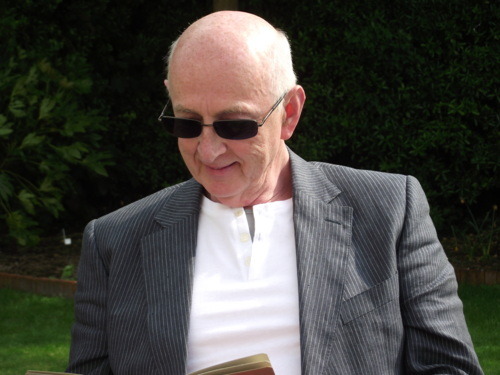It being 2012 and with the London Olympics on the horizon we decided to ask:
Using an Olympic analogy how would you describe what you do to others?
Their replies were illuminating. Here is a sample:
I help people prepare for the journey and then support them. Middle distance runners because change is about sustainability. Becoming part of the crowd clapping and applauding. I’d really love to be the Mexican wave.
My Olympian role is to facilitate, lead and mentor others to perform better in whatever game they enter for.
I am an Ambassador, generating excitement and enthusiasm for the event. I am a connector bringing people together.
I see myself as the Coxswain in a community of oarsmen. They have to get things moving, but my job is to keep the enthusiasm and the momentum for sharing knowledge going.
I would say the `on-boarding team coordinator` role. Helping team members come on board, ensuring they all the right information they need to adjust well to the Olympic park, including who to talk to if they have problems, offering the right agendas and maps that could be useful, the lessons learnt from past Olympic Games that could help them and of course organising the social events and the best places to eat!
A field hockey player. It’s a fast team sport where you have to pay attention all the time, everyone gets to play in it, and you respect each others roles and capabilities and work together to achieve success from different angles.
Sebastian Coe – My job is winning the business over to KM Going out and getting engagement and then when they are committed handing over to the team to deliver it. We have a team of torch bearers who keep the energy going and raise awareness of what is happening and the central team are there to coach. We also have people in the K and IS team who keep the olympic equipment in tip top condition
One of the respondents also told us that as Olympic Learning Legacy Partners they are responsible for sharing key lessons in transport, technology and the built environment. In the light of the recent issues on London’s tube system, I am looking forward to that presentation.
What strikes me from these responses (drawn from practitioners across three continents) is how accurately they reflect the variety of skills required by someone fulfilling a knowledge management role which is perhaps why so few people today seem to have KM in their job title.
I will be posting more in due course in the run up to the event and responses to questions such as:
What technique have you found most effective for bringing about change in the way people work/respond?




